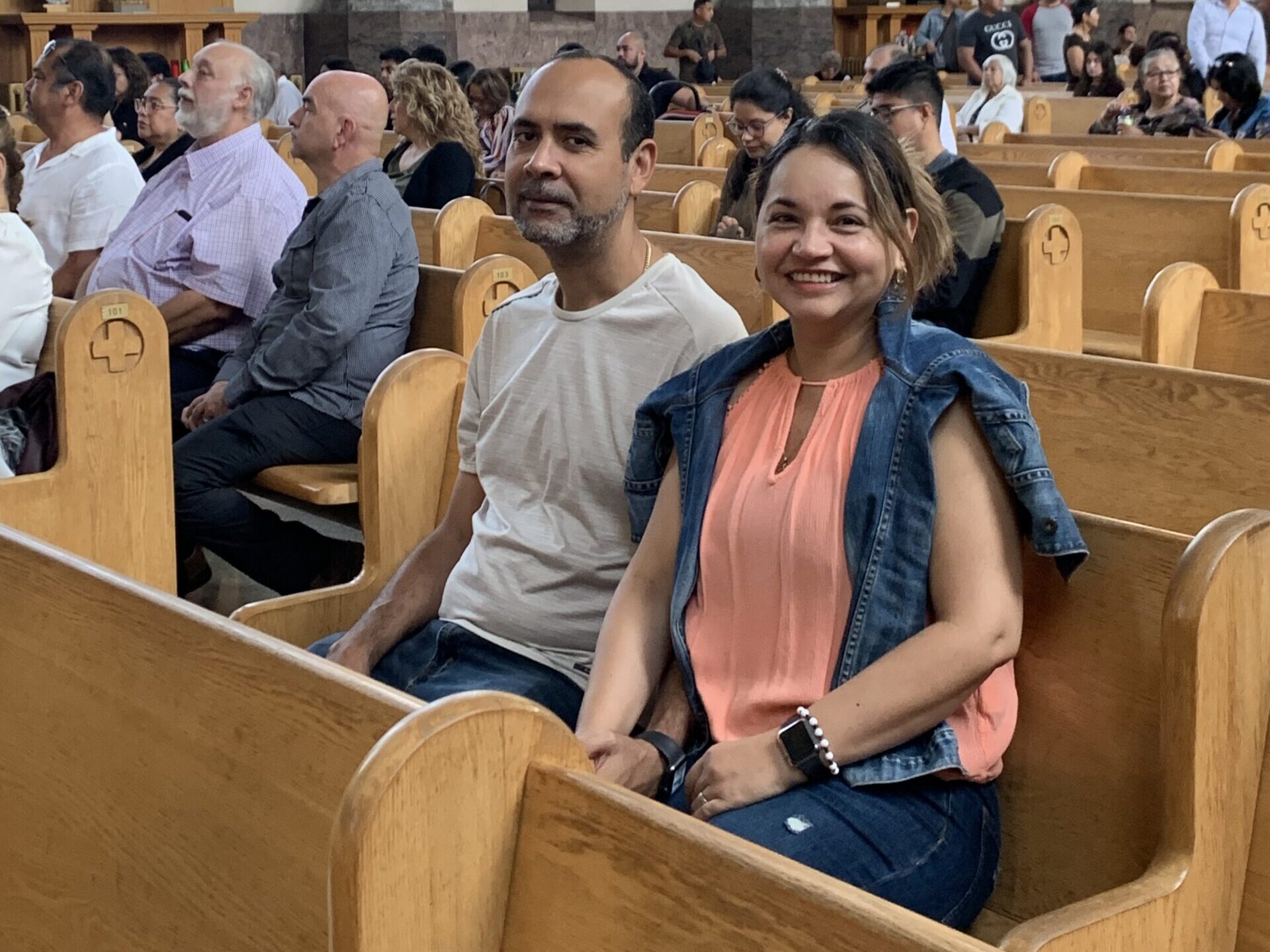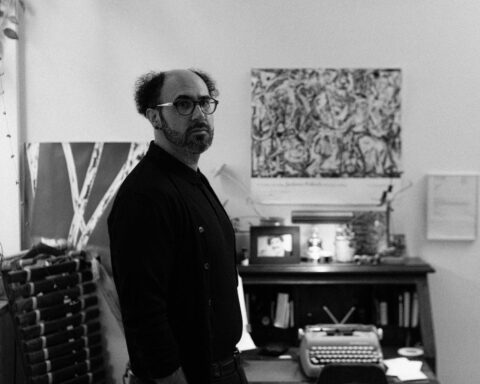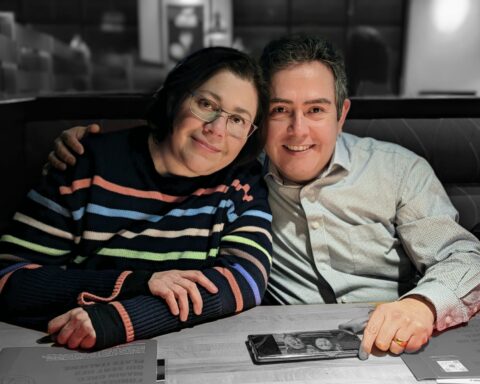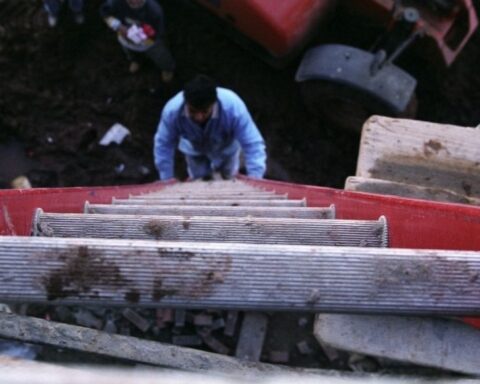Immigrating as an adult is not simple, and many people struggle to accept change, adjust their roles, and perform tasks they weren’t prepared for. Along the way, many suffer losses which can make it hard to cope with their new realities, says one expert, with the primary loss being control over their children.
Myriam Coppry is the founder and CEO of NunanuQ Services Interculturels in Montreal, Quebec, where they assist parents in understanding the situation, processing these losses, and finding the positive aspects of migration for them and their children.
She says “parents can find themselves at a loss with the legal and social freedoms their children are entitled to as they themselves lose a level of authority they once had. And this can “affect the family nucleus.”
“Some parents come to our clinic truly terrified. In a capitalist society, every family member becomes productive and teenagers seek jobs to become independent,” she says. “This changes the power structure within the home, as, in their countries, parents would be in charge.”
Coppry says parents must often process their own grief for the losses they’ve suffered, such as friends, family, and social status. Even children, who generally adopt new customs and values more easily, are often seen as foreigners when they vacation in their home countries.
Additionally, immigrating leads adults to lose their footing in their own countries, which means they often also lose their professional profile and status, says Coppry.
The Baromètre Écho 2020 survey, commissioned by the city of Montreal, shows that 50 per cent of migrants report at least one incident of discrimination based on their accent, ethnicity, skin colour, or religion. Over 40 per cent of men have jobs unrelated to their studies and of a lower level compared to their professional qualifications.
In trying to cope with these rapid and dramatic changes, many turn to their religious backgrounds, but this can have mixed effects. A study published by the University of Ottawa points out “the importance of religion on the settlement process of immigrants,” but warns that in some cases it “can also be an obstacle towards successful integration of new immigrants into the host communities.”
Complicated divorces
For Jean,* originally from South Asia and from a Muslim family, the difference in religious views with his spouse after immigrating to Quebec ultimately led to the end of their marriage.
“My partner and I had differences when I became more liberal due to my professional integration, while she held onto her customs and religion since she couldn’t find a supportive environment,” says Jean, who has asked not to reveal his real name to respect the privacy of his family in Montreal and back home. They arrived and settled in Quebec 25 years ago.
“Perhaps the freedom with which women were living frightened her, or she feared losing her family’s respect.”
They had a son and a daughter, and over time, their relationships grew distant, and their conversations turned into arguments. After 10 years, he says he decided to leave home and seek a divorce.
But when it comes to recent immigrants, divorces can be even more complicated than for non-immigrant residents, particularly for women with precarious immigration status who may not even have the option of divorce, according to Éducaloi, a legal assistance and education group.
“The person who was being sponsored will have to find some other way to regularize their immigration status or will have to leave Canada,” the group states on the website.
Husbands also often exert pressure, and women subjected to difficult living conditions, even violence, often feel they must remain with their partners.
There is no data on migrant divorces because Quebec’s Divorce Act prohibits mentioning such information.
New lives
For others, religion can be a source of strength in the face of all the challenges, as for Yuly S. Ríos and her husband Jorge, whose faith in God helped them start a new life with their son in Canada four years ago.
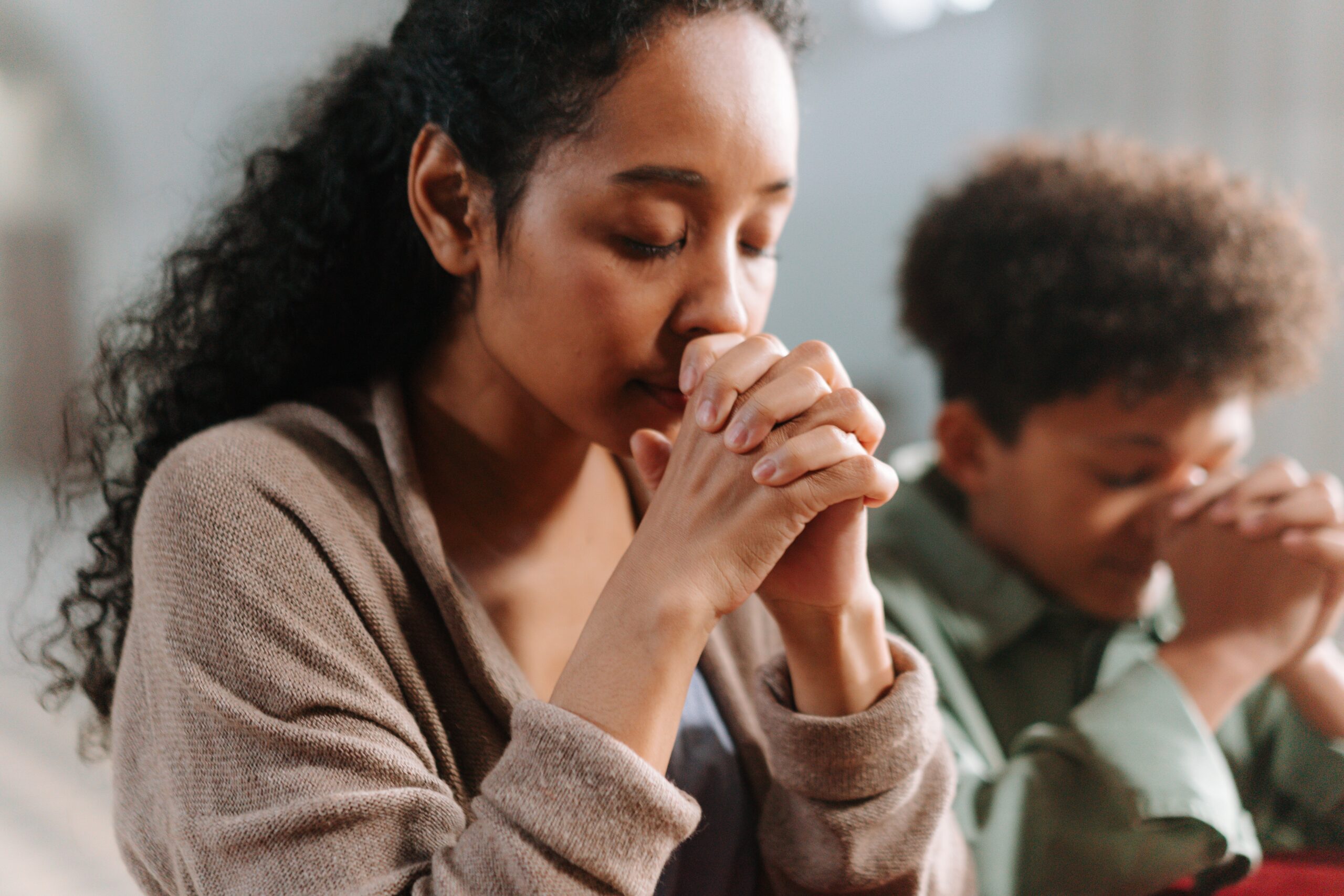
Jorge, 44, had a travel agency in Cali, Colombia, but new technologies ended his successful business, so he decided to migrate and study computer support. Yuly and their son initially arrived as visitors, and once they made up their minds, they completed the paperwork and started working.
Yuly explains that initially, the family roles didn’t change much. She worked first in a factory and later in a call centre, even though her profession is accounting.
Her husband made an effort with his studies, and their son began school. However, she was responsible for domestic work, laundry, cooking, and cleaning. As time passed, Yuly began to question the household model and convinced the men in the house that it wasn’t about “helping” but “contributing,” and that the house belonged to everyone.
They soon learned to operate the washing machine, fold and store clothes, assist with cooking and cleaning, and make minor repairs. Their son Miguel Angel, now 21 and working in a marketing agency, came up with the great idea to give a robot vacuum cleaner.
Yuly mentions that initially, and sometimes even now, they have moments of restriction and doubt, but they are guided by their religious faith. “It helps and strengthens us to know that we are here for a good reason, and that God is looking out for us. We are like soft clay in the hands of the potter.”
Today, they are members of the Mission of Guadalupe, a religious organization created to aid immigrants with their integration and devoted to the Virgin of Guadalupe, one of the most important religious icons in Latin America. They also attend the Spanish-language Mass at the church on Ontario Street in the Plateau almost every Sunday.
Help is available
Coppry says at her clinic, they assist parents in understanding the situation, processing these losses, and finding the positive aspects of migration for them and their children, trying to help them transition by identifying pertinent issues or concerns.
“In general, things are resolved well,” she explains.
“Parents regain self-assurance in themselves and the decisions they’ve made, and they build a different and functional relationship with their children. It’s about creating space to preserve what has value and learning what they need for their new life.”
Several organizations in Montreal with varying resources assist families, especially women and young people: Centre Social d’Aide aux Immigrants (CSAI), Promis, L’Accueil aux immigrants de l’est de Montréal (AIEM), among others. The Bureau d’intégration des nouveaux arrivants à Montréal (BINAM) helps migrants, asylum seekers, and minorities in the city.
_________________________________________________________________
This is the second part of a two-part series on the impact of immigration on family dynamics. Read the first story here: The Dynamics of Immigration (Part 1): Machismo goes out the window
Abraham Rozenberg Kasman worked as an editor at several commercial magazines in Mexico, before moving to Montreal in 2020.

